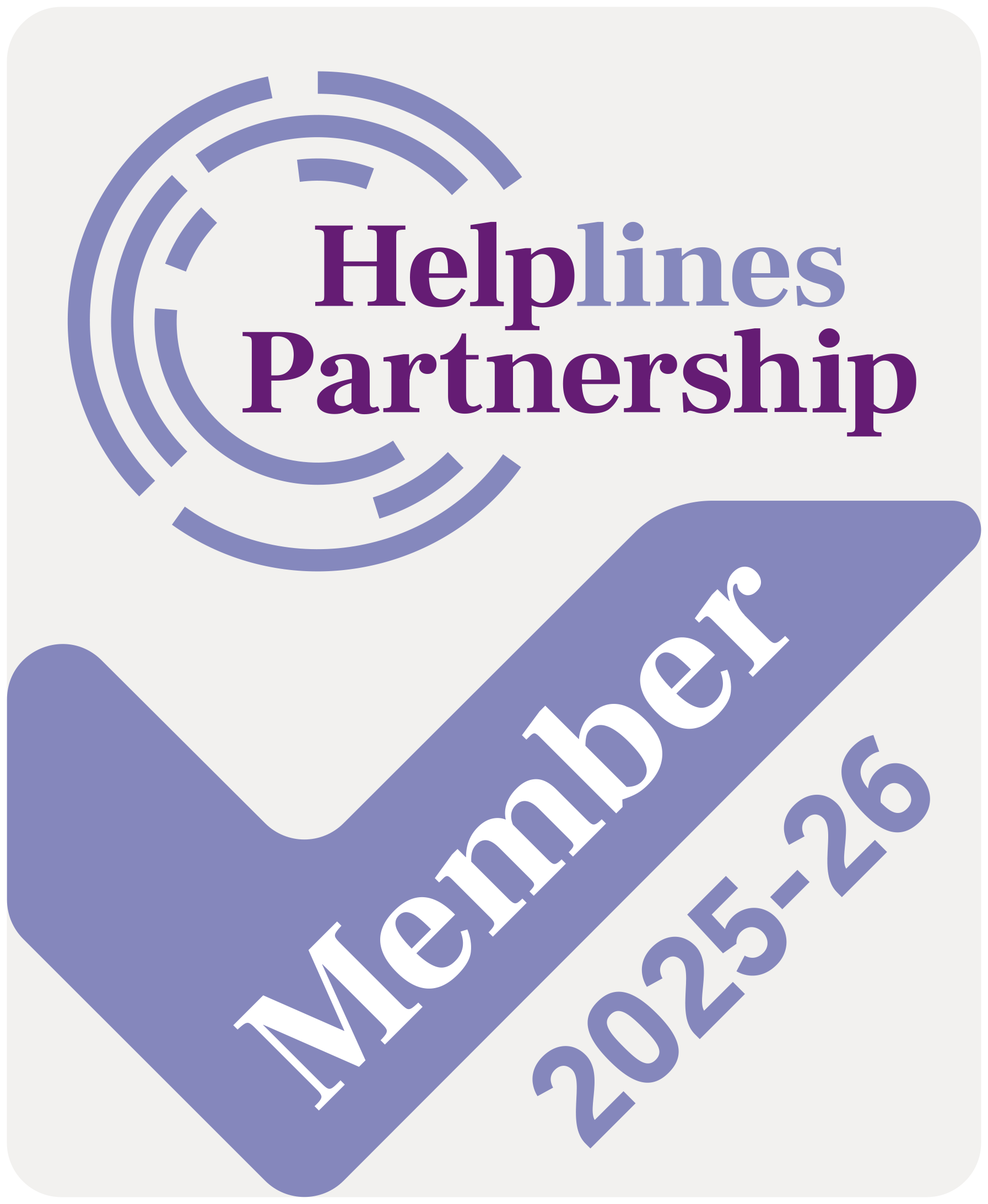TAKING CARE OF YOURSELF
Your every instinct will tell you to put your child first but it is vital to take care of yourself physically, psychologically and emotionally.
It is not unusual when you are coming to terms with a diagnosis or throwing yourself into the care of your child to feel low and depressed as you process your feelings.
To prevent this becoming long-term, it is important to get adequate rest and eat properly.
Some people find that sleep becomes disturbed and restless when dealing with severe distress and stress. Dreaming may increase with nightmares occurring.
This is all normal. It is part of your mind’s way of dealing with the stress that is happening. In many cases it will eventually subside and a normal sleep pattern will return.
If your lack of sleep persists you are less able to deal with the emotional roller coaster.
If you find it doesn’t it might be helpful to do the following: take a relaxing bath before you go to bed, put lavender in your pillow, drink a hot milky drink before bed.
All of these relax the brain.
Avoid too much late-night television and working on the computer which can inhibit the release of melatonin, the sleep chemical.
For some the use of a relaxation tape as they fall asleep can be useful.
You might feel that you have no time but exercise is important. It might be a daily walk, swim or for others more active exercise like running or going to the gym whatever you do it will be beneficial.
Exercise releases endorphins which help us feel good. It enables the body to process adrenaline and cortisol, the stress hormones the body will be releasing in excess during this time.
If you are pregnant, you will be focusing on the diagnosis and what the future may hold for you and your family, you may need to have tests, hospital visits and make preparations for life after your baby is born.
As and where possible keep as normal a routine to your life, spend time with your partner, with people whose company you enjoy.
We need as human beings to both give and receive attention; receiving attention helps us to feel loved and valued.
By giving our attention to others it helps us to look outside of ourselves towards the needs of others, which is equally important and in situations like this to see the bigger picture.
For some people during this time alcohol and drugs or working long hours can be used to deal with their grief, this can become problematic and should be avoided.
Taking care of your partner
If you’re taking care of yourself you will also be taking care of your partner.
As soon as possible get back into a normal rhythm of life which many find helps them return to a level of equilibrium.
Make sure you get private time together. Go for a walk, have a meal out, go to the cinema.
If you have other children and are not able to get out the house easily get a DVD in, cook a meal together.
Being together as a couple is important, not necessarily talking about what is happening just being connected and intimate.
When you talk about what is happening try not to personalise your questions or distress, say how you are feeling or make your request in the first person.
For example: “I would appreciate it if… I would find it helpful to talk about… I find it difficult when…”
Rather than: “you never listen to me…You do not understand how I am feeling…”
Be specific in your communication and avoid “always” or “never”
For example: “you never listen to me, you always try to avoid talking about is.”
Emotional arousal – when feelings are stirred up – can make us stupid.
Keep in mind you or your partner become “emotionally aroused” rational thought might leave the room.
Call time out and respect and allow yourself or your partner to have some space, while they and or you calm down.
Research has found that this may take up to an hour. Although you may feel calm after a few minutes the brain can take up to an hour to totally calm.
If you re-engage before then you may just go off again.
Taking care of your relationship
For some people sexual intimacy can be affected by the shock distress and confusion of this type of diagnosis, it may only be for a short period of time, but may become longer term.
This can be difficult if only one partner is being affected in this way. For many this area can be particularly difficult to talk about but it is important to address.
Respect each other’s feelings.
Consider exploring different forms of intimacy and the meeting of sexual needs, which may not always include actual sexual intercourse.
Prepare together for hospital meetings asking each other what questions you most need answering, respecting that these may be very different questions.
Talk about the meetings afterwards, whether your questions were answered or not, do you need to pursue any other avenues?
These things can give a sense of meaning and purpose to daily life, which people find helpful in processing grief.
Many couples manage the process well. Others experience difficultly and it can result for some in the relationship not surviving.
So taking care of yourself and your partner is important and if things begin to get difficult, the relationship begins to deteriorate and signs of not coping appear getting help is important.
Signs of deterioration may include one partner immersing themselves into their job to the detriment of the relationship i.e. avoiding time at home.
An inability or refusal to talk at all about what is happening, arguments increasing above the norm, excessive use of alcohol or drugs might also be signs.
Denial of what is happening, saying everything is fine. Seeking intimacy from another i.e. an affair.
It is important to seek outside help at this stage, ideally going to see a counsellor together.
If one partner refuses it is still worthwhile for the other to do so, as this may help them and then may bring on board the hesitant partner.
The genetic counsellor provided by the hospital is one option, but what is most important in counselling is that you trust and feel secure with the counsellor.
So personal recommendation is helpful, but remember ‘one man’s meat is another man’s poison’ so ask for an initial session and see how you both feel afterwards.
It may not be the first counsellor you feel comfortable with and that is ok, but do look again.
Get a few recommendations from your hospital or friends. Chat initially on the phone, which in some cases can give you a clear idea if you think you will click with them and their approach.
Usually in situations like this just making the decision to see a counsellor can begin to move things forward.
Essentially seeing a counsellor you just have a third person in the room to help you listen to and hear each other and look at constructive and positive ways to improve the conflict/difficulties which have arisen within the relationship.
By Julie Johnson





